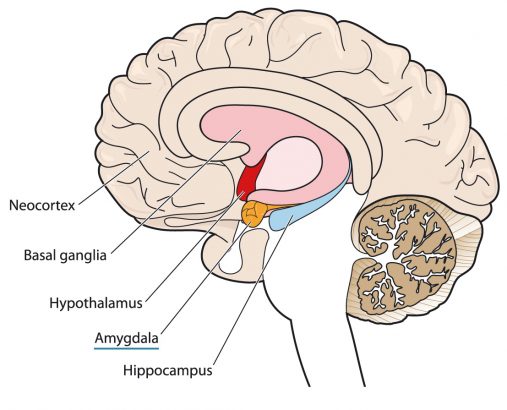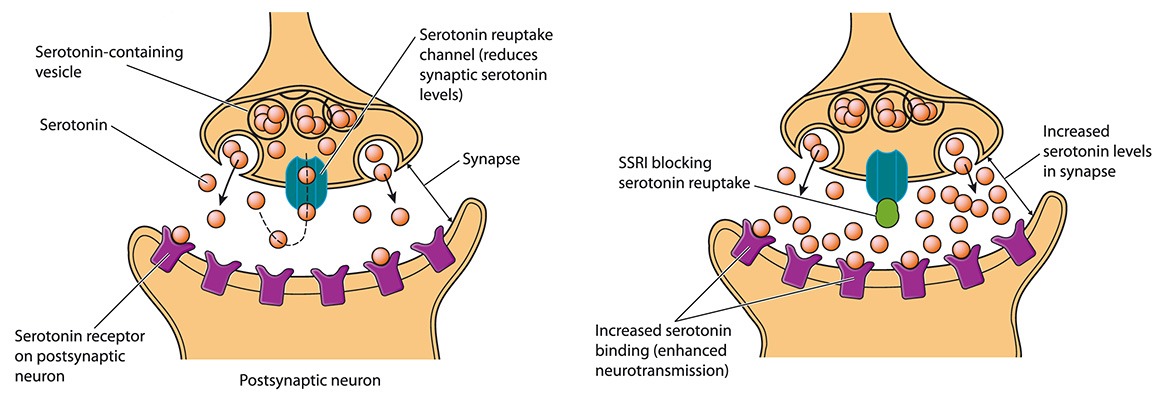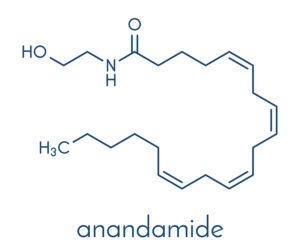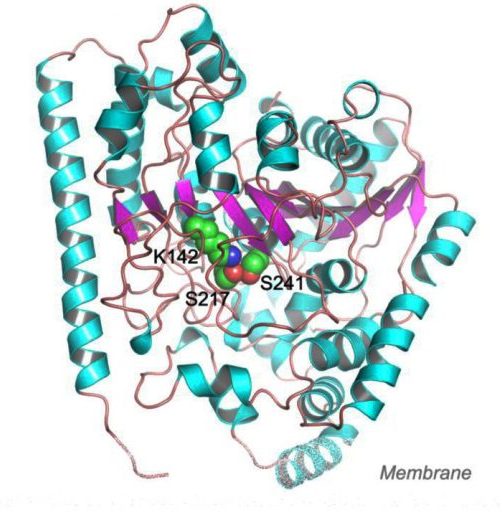All Things Considered…
Anandamide is a relatively recent discovery. However, from the scientific side of things, it seems to provide plenty of mental health benefits and therapeutic effects when working in conjunction with CBD, making it a potentially effective treatment for anxiety.
While it may seem that we know a lot about cannabis already, we still only have a basic understanding of this complex plant’s inner-workings, and as with much of the research previously conducted, more significant and more in-depth analysis is required before we can make any firm conclusions. As such, there is now a growing demand and desire from patients with anxiety to thoroughly investigate and research the possibility that CBD may well provide a realistic alternative to conventional treatment methods for anxiety and other mental health disorders.
While more studies published on CBD oil and CBD products for anxiety remain limited, a 2015 analysis suggests that CBD oil is a promising potential treatment for numerous forms of anxiety and behavioural health including social anxiety disorder, obsessive-compulsive disorder, panic disorder, generalized anxiety disorder, and post-traumatic stress disorder.
The study concluded that “current evidence indicates CBD has considerable potential as a treatment for multiple anxiety disorders, with a need for further study of chronic and therapeutic effects in relevant clinical populations”. Clearly, this conclusion adds further weight to the powerful testimony of those who have used CBD oil as an effective treatment for anxiety and depression.
Indeed, it is thanks to social media and the ability to share information freely online, that there is now a growing body of testimony from people who have experienced the therapeutic effects of CBD and CBD products. It is through this sharing of knowledge that the benefits of CBD oil now command more and more respect within medical circles. As a consequence, more CBD research and scientific evidence is now emerging, particularly with respect to depression and anxiety.
As more and more people wake up to the potential benefits of CBD and other cannabinoids, there is a surge in both expectation and excitement that CBD, medical marijuana and other forms of cannabis medicine could well provide long-term treatments for those who continue to suffer from depression and anxiety and other mental-health related disorders.
If you are looking to use CBD oil for anxiety it is important you seek medical advice and talk to your doctor or experienced health professionals before making any changes to your current medications.



